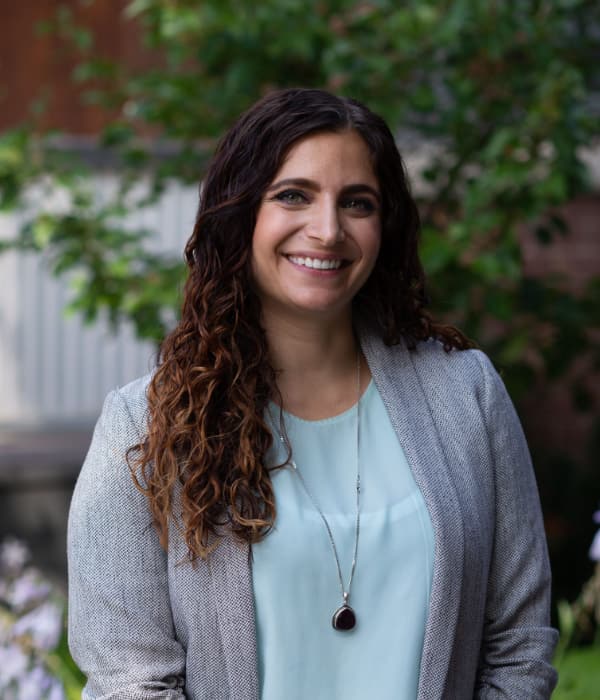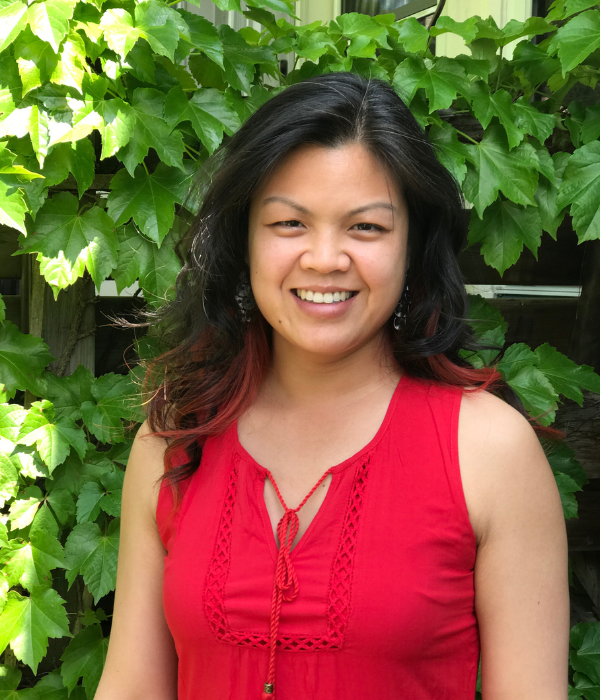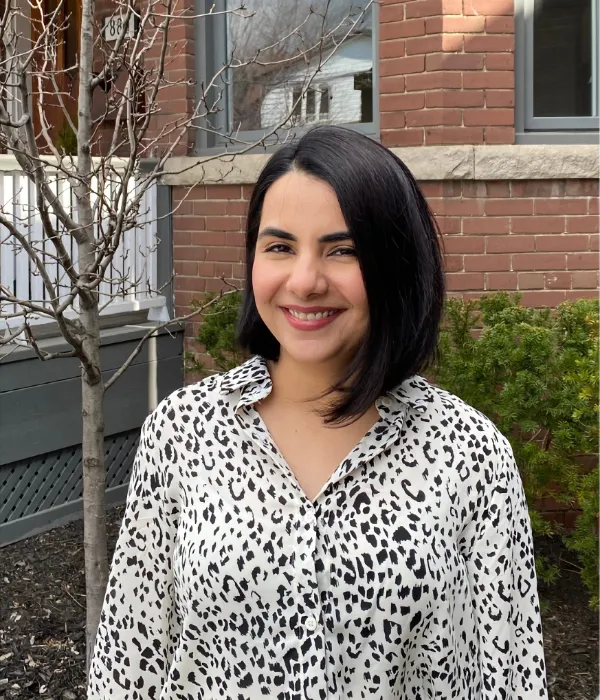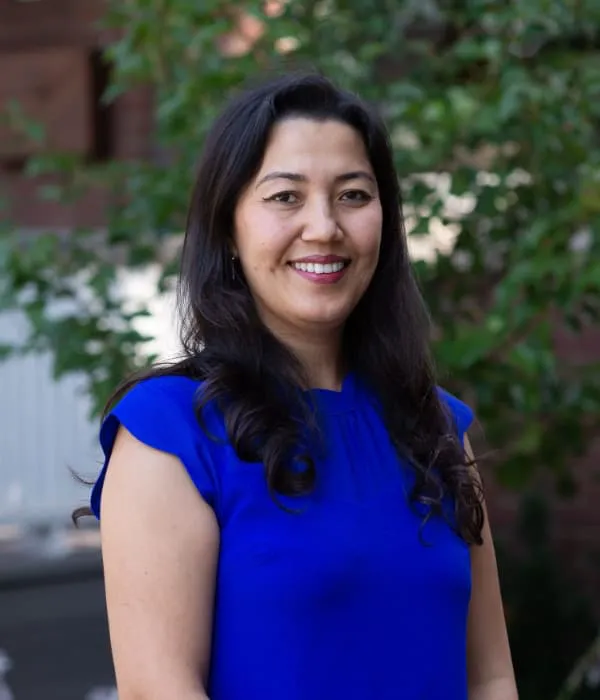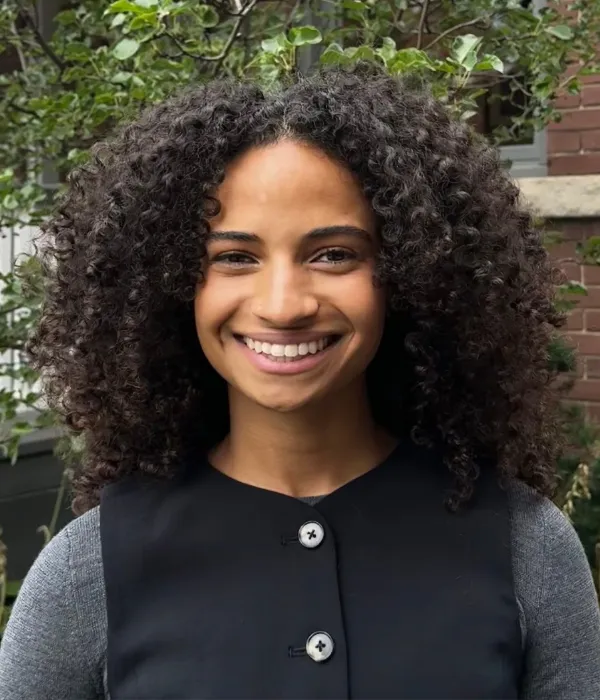Dialectical Behaviour Therapy (DBT)
Dialectical Behaviour Therapy (DBT) is a trans-diagnostic treatment, which means that it can help people with a wide range of diagnoses or challenges because it targets underlying issues of emotional, behavioural, interpersonal and self dysregulation. Research has demonstrated the effectiveness of DBT in treating Self-harm, Suicidal Behaviour, Eating Disorders, Substance Use Disorders, internet/tech addictions, Personality Disorders (e.g. BPD), Depression, Bipolar Disorder, PTSD, Anxiety Disorders, ADHD, Aggression and Disorders of Impulse Control.
DBT involves a combination of mindfulness, motivational, acceptance, cognitive, behavioural, and dialectical strategies.
DBT aims to help clients to regulate their emotions, behaviour, and relationships so that they can build a better life for themselves based on their values and goals.

DBT at Broadview Psychology
At Broadview, we work with DBT clients long-term (e.g. at least 8 months) so that they can complete Stage I DBT and be in a more stable and regulated place to be able to address other important recovery goals. We often recommend that clients remain in DBT for Stage II as those who complete this stage are less likely to relapse and more able to sustain the gains they have made. Stage II often includes helping clients to process losses, traumas, and difficult life experiences, as well as to address other mental health issues more fully (e.g. OCD, Social Anxiety).
At Broadview Psychology, we offer separate DBT programs across the lifespan as we believe that treatment should be adapted and relevant for different ages and developmental stages. These programs include the following:
- DBT-C: For children aged 7-11 and caregivers
- DBT-YA: For children/adolescents/tweens aged 11-14 and caregivers
- DBT-A: For adolescents aged 14 to 18 and caregivers
- DBT-TAY: For transitional aged youth 18 to 25 and caregivers
- DBT-Adult: For adults aged 25 and above; may include caregivers, family members and partners
We recommend that clients remain in DBT for Stage 2 as those who complete this stage are less likely to relapse and more able to sustain the gains they have made. Stage 2 often includes helping clients to process losses, traumas, and difficult life experiences, as well as to address other mental health issues more fully (e.g. OCD, Social Anxiety).
At Broadview Psychology, we offer the following two groups to support clients in stage 2.
- DBT-Grad groups: For clients who wish support in maintaining their gains, practice in applying skills in their lives, and the chance to learn additional DBT and other helpful strategies.
- DBT ACES groups: For clients who need support in attaining educational, employment, financial and independence goals. This group may be particularly helpful to young adults who are struggling to launch.
DBT Treatment Components
DBT is a multifaceted treatment and is most effective when it is provided comprehensively by providers who are part of the same DBT consultation team. To be adherent, DBT must include Individual Therapy, Group Skills Training, Phone/Text Coaching, Family Involvement, and a DBT Consultation Team. At Broadview, we emphasize a holistic approach offered by a team of clinicians who work with clients and their family members, providing the following treatment components:
- Individual therapy involves:
-
- Monitoring, analyzing, understanding, accepting and changing emotions and behaviour
- Reducing emotional and behavioural dysregulation
- Decreasing high risk behaviour, including self harm and suicidal behaviour
- Reducing behaviour that interferes with treatment
- Working on goals and building a life worth living
-
- DBT coaching involves:
-
- Between session text or phone coaching
- Support in using skills to cope effectively in the moment with intense emotions and stressors
- Support to stay safe and resist urges for ineffective, avoidant, high risk or suicidal behaviour
- Opportunity to share successes
-
- DBT group skills training involves
-
- Education about mindfulness, distress tolerance, emotion regulation, interpersonal effectiveness, and walking the middle path (dialectics)
- Opportunity to learn about and practise coping skills
- Opportunity to receive support and learn from others’ experiences in using DBT skills
-
- DBT family/partner/caregiver group skills training involves:
-
- Education regarding DBT skills and family/parent strategies to be used to cope, respond and relate more effectively to their loved one
- Opportunity to receive support and learn from other family members
-
- DBT family/couple therapy involves
-
- Practise in managing one’s own emotions within the context of relationships
- Exercises to enhance understanding, validation, connection, communication, conflict resolution, and problem solving within the relationships
-
- DBT nutritional / dietician counselling involves
-
- Assessment, education, monitoring, coaching and problem-solving to reduce disordered eating patterns and improve balanced eating
- Collaboration and consultation with the treatment team, including the family physician as needed
-
- DBT informed behaviour coaching involves
-
- Individual practice in using DBT skills to reduce avoidance behaviours related to anxiety, perfectionism, depression and ADHD
- Individual support in working on behavioural, educational, volunteering and employment goals.
-
- DBT informed case management involves
-
- Consultation and communication with parents, family members, medical providers, educators, group home workers etc. on an “as-needed basis.”
-
- DBT consultation team meetings involves
-
- Weekly team meetings in which clinicians consult with one another to improve their skills as clinicians and their effectiveness in treating clients who are participating in DBT.
-



DBT-C
DBT-C is a 7 month program and includes the following important components:
- Weekly in person DBT-C Skills group for children aged 7 to 11 (grades 2-5) and their parents where they will together learn and practise skills to regulate their emotions and behaviour
- Weekly virtual DBT-C Parent group for caregivers/parents to learn effective strategies for responding to their children’s emotions and behaviour
- Individual/family/parent therapy as needed during or after the group program
DBT-YA
DBT-YA is a 9 month program and includes the following important components:
- Weekly in person DBT-YA Skills group for young adolescents aged 11 to 14 (grades 6-8) and their parents where they will together learn and practise skills to regulate their emotions and behaviour
- Weekly virtual DBT-YA Parent group for caregivers/parents to learn effective strategies for responding to their children’s emotions and behaviour
- Individual Therapy and Coaching to monitor, analyze and reduce high risk, avoidant, or problematic behaviour and to work on other individual goals
- Family/Parent Therapy and Coaching to enhance and empower parents to respond more effectively to their young adolescents’ emotions and behaviour
- Dietician Counselling if needed to reduced disordered eating and improve healthy eating


DBT-A
DBT-A is an effective program for adolescents who are exhibiting signs of emotional and behavioural dysregulation. Some of these children may struggle more with internalizing disorders, avoidance and withdrawal, whereas others might demonstrate more externalizing problems including impulsive and high risk behaviour. DBT is a trans-diagnostic treatment and so DBT clients may have been ADHD, Autism, Disruptive Mood Dysregulation Disorder, Anxiety Disorders, Depression, Oppositional Defiant Disorder, Eating Disorders, Bipolar Disorder, BPD (or BPD traits). They may also be engaging in a variety or problematic behaviours, including school avoidance, problematic gaming/social media use, problematic substance use, DBT-A is an essential intervention for adolescents who are struggling in multiple domains, and plays an important role in preventing more serious problems that may occur as these adolescents continue into adulthood.
DBT-A Stage 1 is a 9 month program and includes the following important components:
- Weekly in person DBT-A Skills group for adolescents aged 14 to 18 (grades 9 to 12) to learn and practise skills to regulate their emotions and behaviour
- Bi-weekly virtual DBT-A Parent group for caregivers/parents to learn effective strategies for responding to their adolescents’ emotions and behaviour
- Individual Therapy and Coaching to monitor, analyze and reduce high risk, avoidant, or problematic behaviour and to work on other individual goals
- Family/Parent Therapy and Coaching to enhance and empower parents to respond more effectively to their adolescents’ emotions and behaviour and to improve family relationships
- Dietician Counselling if needed to reduce disordered eating and improve healthy eating
- Behavioural Coaching if needed to support academic and employment goals
DBT-TAY
DBT-TAY (Transitional Aged Youth) is an effective program for young adults who struggle with emotional and behavioural dysregulation, and can have a range of difficulties and diagnoses. They may be engaging in self-harm, suicide attempts, problematic substance use, excessive gaming/social media use, stealing, disordered eating, problematic sexual behaviour, aggression, and school or work avoidance. They may be failing to reach normative expectations for young adults, such as going to college/university, graduating, obtaining and maintaining employment, budgeting, forming healthy long-term relationships, and moving out. Some of these individuals may need support in moving toward independence.
DBT-TAY Stage 1 is a 9 month program and includes the following important components:
- Weekly in person DBT-TAY Skills group for transitional aged youth 18 to 25 to learn and practise skills to regulate their emotions and behaviour
- Bi-weekly virtual DBT-TAY Parent group for caregivers/parents to learn effective strategies for responding to their young adults’ emotions and behaviour
- Individual Therapy and Coaching to monitor, analyze and reduce high risk, avoidant, or problematic behaviour and to work on other individual goals
- Family/Parent Therapy and Coaching as needed to enhance and empower parents to respond more effectively to their adolescents’ emotions and behaviour and to improve family relationships
- Dietician Counselling if needed to reduce disordered eating and improve healthy eating
- Behavioural Coaching if needed to support academic and employment goals


DBT-Adult
DBT-Adult is an effective program for adults who struggle with emotional and behavioural dysregulation, and who may have diagnoses of Personality Disorders (BPD), Anxiety, Depression, Bipolar Disorder, Eating Disorders, ADHD and Addictions.
DBT-A Stage 1 is a 7 month program and includes the following important components:
- Weekly in person DBT- Skills group for adults aged 25 and above; may include caregivers, family members and partners
- Recommended DBT Family and Partner group for parents/family members/partners to learn effective strategies for responding to their own and their loved one’s emotions and behaviour, and for supporting their recovery.
- Individual Therapy and Coaching to monitor, analyze and reduce high risk, avoidant, or problematic behaviour and to work on other individual goals
- Family/Parent/Couple Therapy as needed to enhance relationships and promote recovery
- Dietician Counselling if needed to reduce disordered eating and improve healthy eating
DBT-Eating Disorders
We work with clients who have eating disorders within our DBT programs with some additional treatment components including:
- Regular medical monitoring by a family physician
- Dietician assessment, consultation and counselling
- Meal Monitoring and food exposures if needed
- Integration of FBT and DBT for young clients who need considerable parental involvement and support in meeting nutritional goals.



